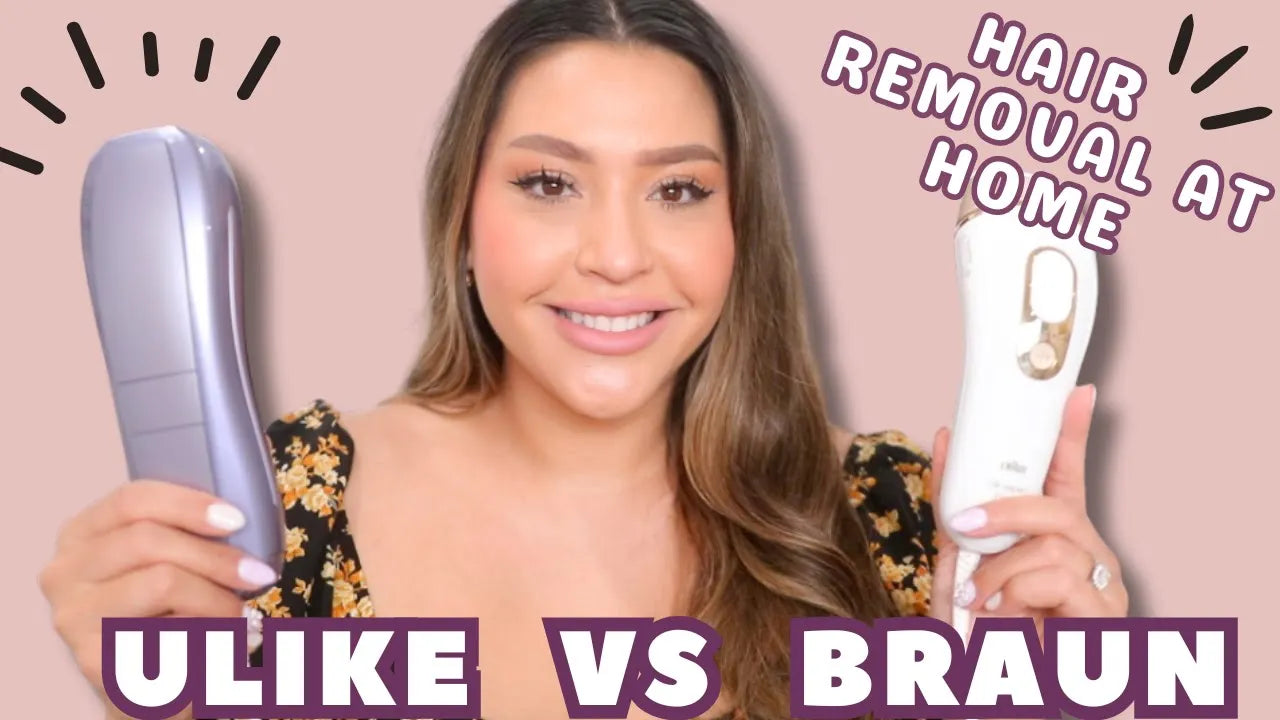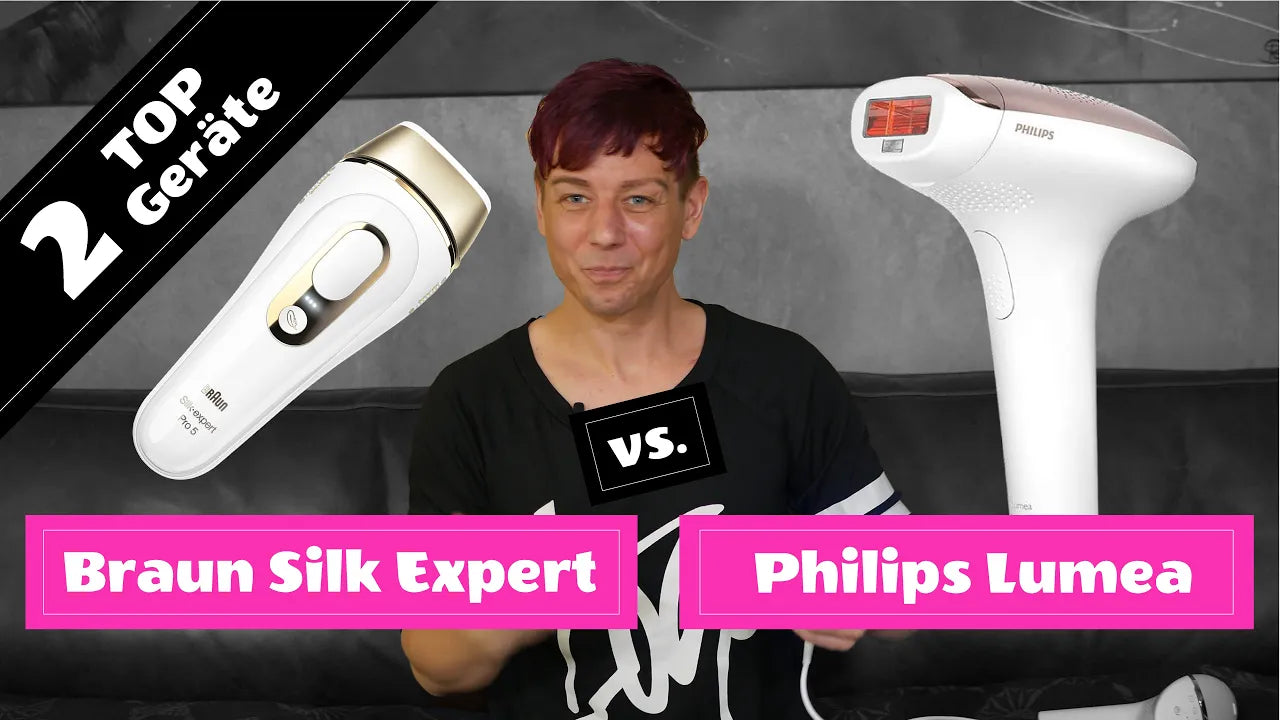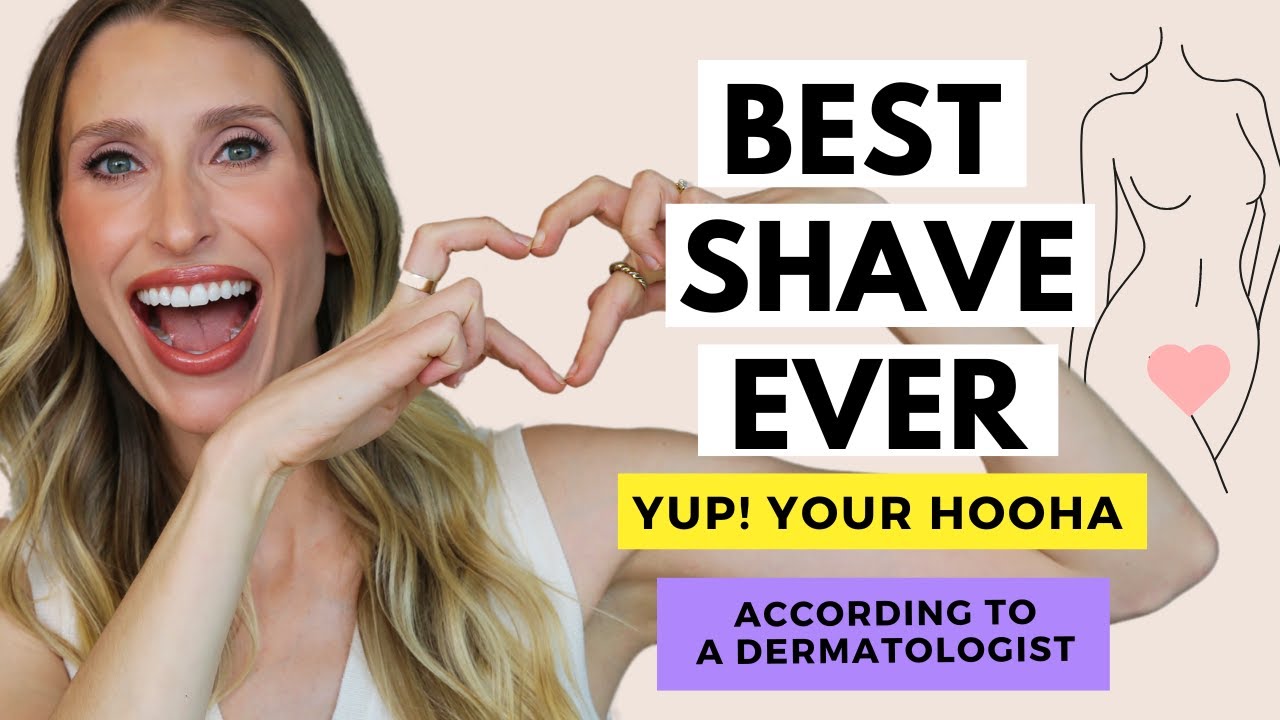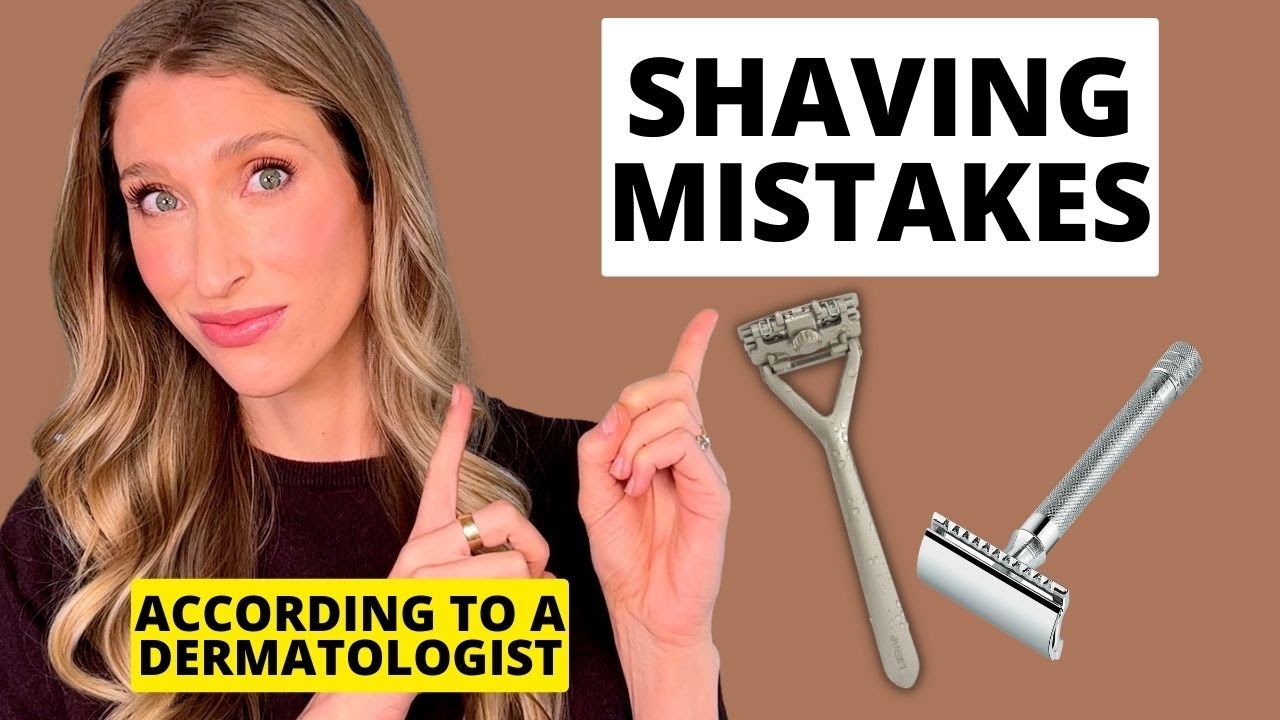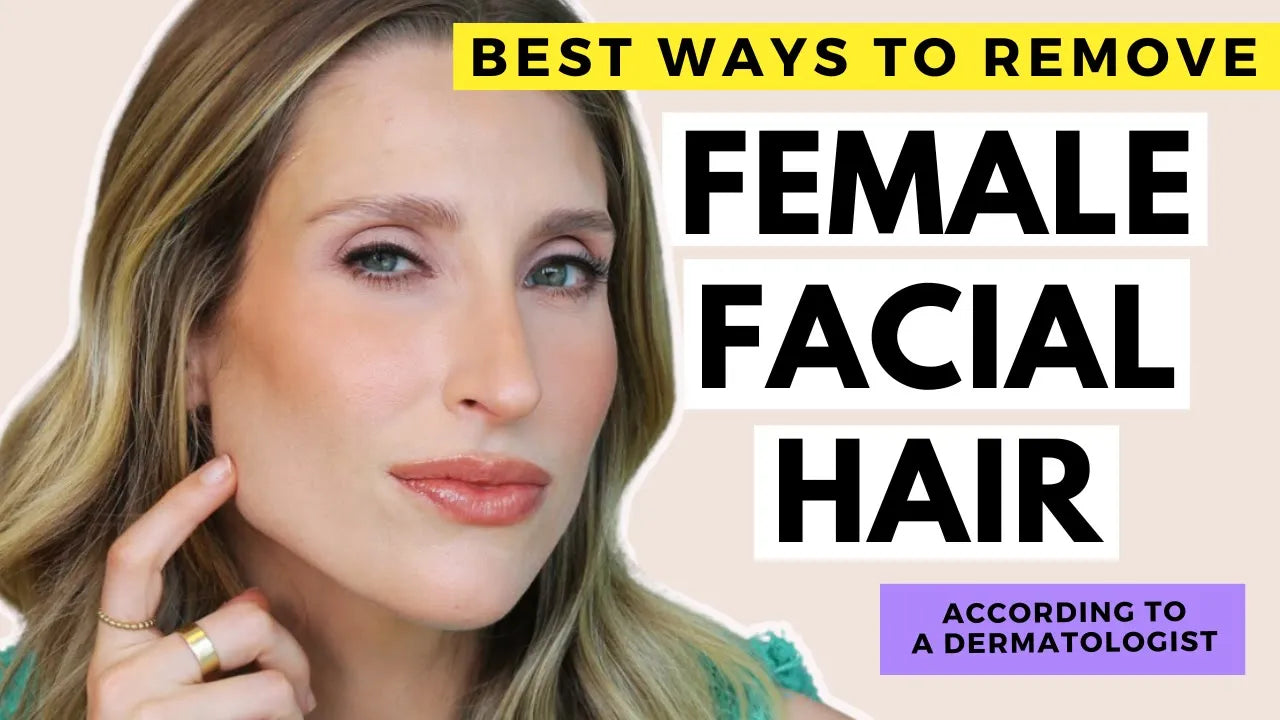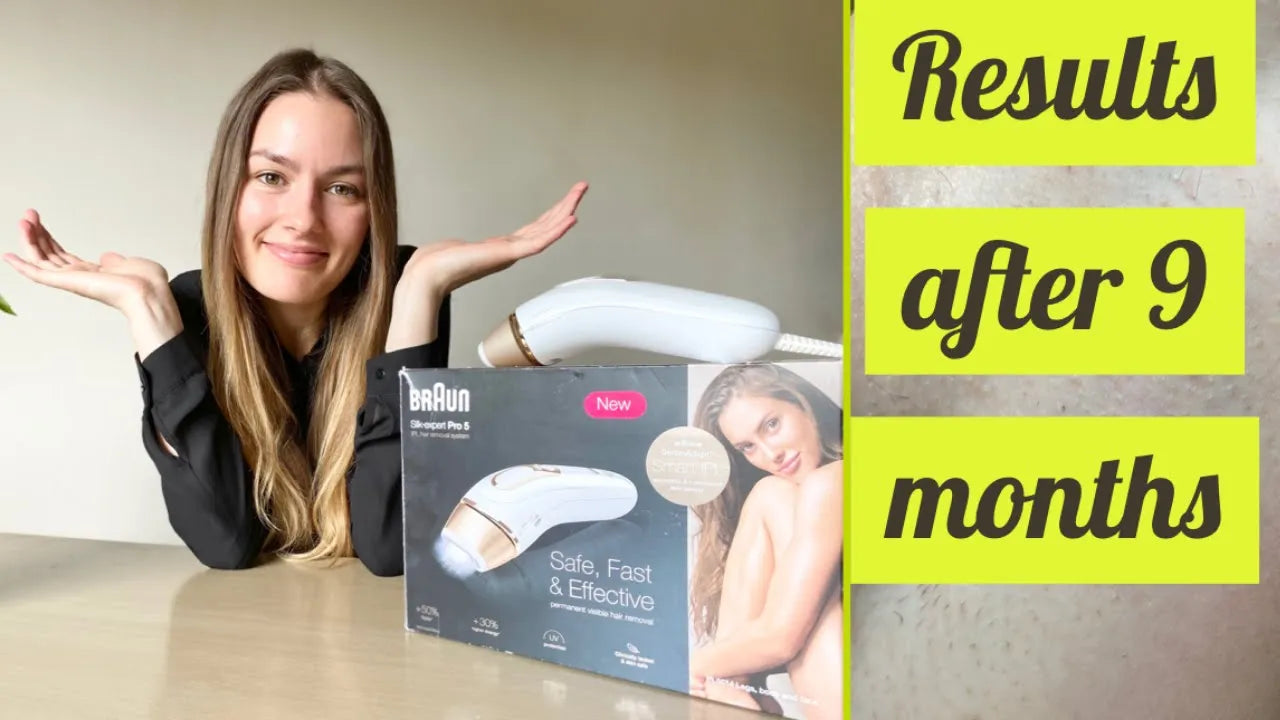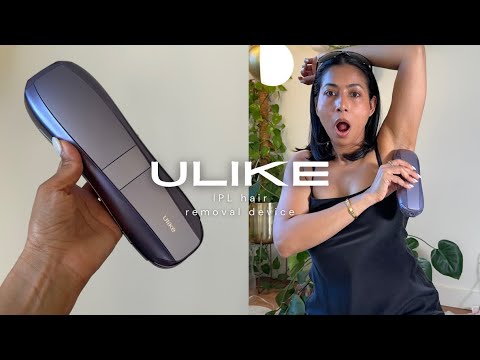There is limited scientific evidence to support the claim that aloe vera can increase facial hair growth. While aloe vera has been traditionally used for its purported hair growth properties, the research on the topic is inconclusive and mixed.
Some studies have suggested that aloe vera has anti-inflammatory properties that can help nourish hair follicles and promote healthy hair growth. However, these studies have been mostly limited to animal models or laboratory settings, and further research is needed to determine its effectiveness in humans.
Moreover, there is no direct evidence to suggest that aloe vera can specifically increase facial hair growth. Hair growth depends on several factors, including genetics, hormonal balance, diet, and lifestyle, and one single ingredient like aloe vera cannot magically increase hair growth.
If you are looking to grow facial hair, it is essential to maintain a healthy and balanced diet, exercise regularly, and maintain a proper skincare routine to ensure that your facial hair follicles are healthy and nourished. Additionally, you can consider using hair growth supplements or products that contain proven hair growth ingredients, such as biotin, vitamin D, and iron.
While aloe vera has many health benefits and can contribute to healthy hair growth, there is no conclusive evidence to suggest that it can increase facial hair growth. To achieve optimal facial hair growth, it is essential to maintain a healthy lifestyle and use products that contain scientifically-proven ingredients.
Table of Contents
Does aloe vera stop facial hair growth?
There is no scientific evidence that suggests that aloe vera can stop facial hair growth. While the plant has been used for centuries for its medicinal and cosmetic properties, its impact on hair growth is not well known.
Aloe vera is commonly used in cosmetic products due to its moisturizing and soothing properties. It contains enzymes that promote healthy hair growth, but there is no evidence to suggest that it can halt hair growth in any way.
If you’re looking for a way to stop facial hair growth, there are various options available, including shaving, waxing, laser hair removal, and electrolysis. Consult a dermatologist or a hair removal specialist to find the best treatment option for you.
Aloe vera does not stop facial hair growth. It has numerous benefits for your skin, and it can help promote healthy hair growth, but it cannot prevent hair from growing. If you’re looking for a hair removal solution, you should consider alternative options that are proven to be effective.
Does Aloe remove hair?
No, Aloe does not remove hair. Aloe is a plant that has been used for centuries for its medicinal and healing properties. It is known to have a soothing effect on the skin and is often used in skin and hair care products. However, it does not have any chemical or enzymatic properties that can remove hair.
There are several hair removal methods available today, such as shaving, waxing, threading, and laser hair removal, that effectively remove hair from the skin. These methods work by either cutting the hair or destroying the hair follicle, which prevents further hair growth.
Aloe can be used as an aftercare product for hair removal methods. Its anti-inflammatory properties can help soothe the skin and reduce any swelling or redness that may occur after hair removal. It can also help keep the skin moisturized and prevent any irritation or itching.
Aloe does not have any hair removal properties. It can be used as a part of a skincare regimen after hair removal to soothe and moisturize the skin. If you are looking for a hair removal method, there are several effective options available that can help you achieve smooth, hair-free skin.
How can I permanently remove facial hair naturally?
While there may not be a completely natural and permanent solution for removing facial hair, there are some methods that can help to slow down the growth of hair and eventually lead to less visible and eventually, no facial hair. Here are some natural alternatives that you can try to combat unwanted facial hair.
1) Turmeric: Turmeric is a well-known spice and can be used as a natural hair removal technique. It has anti-inflammatory and antioxidant properties that help to reduce hair growth. Mix two tablespoons of turmeric with some milk to form a paste. Apply the paste to the affected areas and leave it on for 20 minutes.
Rinse it off with warm water.
2) Papaya: Papaya contains an enzyme called papain that can help to break down hair follicles and decrease hair growth. Mash a ripe papaya and apply it to the affected areas. Leave it on for 15 minutes and then wash it off with water.
3) Egg Whites: Egg whites are known to tighten and tone the skin, and they can also be used to remove hair. Beat two egg whites until they are frothy and apply it to the areas with facial hair. Leave it on for 15-20 minutes and then peel it off.
4) Sugar Wax: Sugar wax is a natural hair removal technique that can be done at home. Mix two cups of sugar, a quarter-cup of water, and a quarter-cup of lemon juice in a saucepan. Heat the mixture until it reaches a thick consistency. Let it cool and apply it to the skin. Place a cloth strip over the wax and pull it off.
5) Spearmint tea: Drinking spearmint tea can help to reduce androgen levels, which are responsible for the growth of facial hair. Drink a cup of spearmint tea every day to see results.
While these natural methods may not provide completely permanent hair removal, incorporating them into your long-term beauty routine can result in visible reduction in hair growth. Additionally, one must consider that consistent and proper maintenance is key in achieving and maintaining results. Be sure to consult with a medical professional before attempting any new hair removal techniques, especially if you have any skin sensitivities or concerns.
Is it good to put aloe vera on your face everyday?
Aloe vera has been used for centuries for its medicinal properties and is often regarded as a natural remedy for various health issues. It is no surprise that it is a popular ingredient in skincare products and is often recommended for daily use. Applying aloe vera on your face every day can indeed be beneficial, but it is essential to understand its effects and limitations.
Aloe vera is a powerhouse of vitamins, minerals, and antioxidants that help nourish and moisturize the skin. It contains components that can soothe inflammation, promote wound healing, and protect the skin from damage caused by environmental factors such as UV rays and pollution. Regular use of aloe vera can help maintain the skin’s hydration levels, increase collagen production, and prevent premature aging.
It is also an effective treatment for acne and can reduce the appearance of blemishes and scars.
However, it is also important to remember that aloe vera may not be suitable for everyone. Some people may be allergic to aloe vera, and using it regularly can cause skin irritation or rashes. Additionally, if you have sensitive skin or a skin condition such as eczema, using aloe vera every day may not be the best option, as it can worsen the symptoms.
It is also worth noting that aloe vera alone may not be enough to provide complete skincare. While it can offer several benefits, relying solely on a single ingredient is not the best approach to skincare. Therefore, it is essential to use a well-rounded skincare regimen that includes a variety of ingredients targeted at addressing different skin concerns.
Using aloe vera on your face every day can be good for your skin. But before you do, make sure to patch test it to ensure you have no allergic reactions, and consult with a dermatologist if you have skin sensitivities or medical concerns. Additionally, it should only be seen as one part of a wider skincare routine, and it is important to consider other ingredients that might be more effective for your unique skin type and concerns.
What are the side effects of aloe vera on face?
As with any natural or chemical substance, aloe vera can have side effects when applied to the face. While many people use aloe vera to soothe and moisturize their skin, it is important to be aware of the potential risks and side effects associated with this plant.
One of the most common side effects of using aloe vera on the face is skin irritation or allergic reaction. People with sensitive skin may experience redness, itching, or swelling after applying aloe vera. This may be due to the presence of anthraquinones, which are natural laxatives found in the plant.
These compounds can cause skin irritation or a rash, especially if the aloe vera is not properly diluted or if it is applied in large quantities.
Another potential side effect of aloe vera on the face is dryness or over-drying. Aloe vera has natural astringent properties, which can help to tighten and tone the skin. However, if the aloe vera is used too frequently, it can actually dry out the skin and cause it to become flaky or irritated. This can be especially problematic for people with dry or sensitive skin, as it can exacerbate existing skin conditions like eczema or rosacea.
Finally, some people may experience side effects from using aloe vera on their face due to interactions with other skincare products or medications. For example, topical steroids or retinoids can increase the absorption of aloe vera into the skin, which can cause irritation or allergic reactions. Additionally, some skincare products contain harsh chemicals or fragrances that can react with aloe vera and lead to side effects.
Overall, while aloe vera can be a great natural remedy for skin issues, it is important to be aware of the potential side effects and to use it in moderation. If you experience any skin irritation or other side effects after using aloe vera on your face, it is wise to discontinue use and consult with a healthcare professional or dermatologist to determine the best course of treatment.
What happens if we apply aloe vera on hair daily?
Aloe vera is an excellent natural ingredient that has a lot of potential benefits for hair health. Applying aloe vera on hair daily has been known to provide several benefits, including strengthening your hair, promoting hair growth, reducing dandruff, and soothing an itchy, dry scalp.
When applied to the hair, aloe vera delivers nourishing properties that help to repair damaged hair and reduce breakage. It is also believed to enhance hair elasticity and flexibility, making it less prone to damage when combing or styling.
Moreover, the enzyme content in aloe vera can help to unclog hair follicles, ensuring proper blood circulation to the scalp and promoting hair growth. Additionally, it contains antimicrobial properties that help to reduce the occurrence of dandruff and other scalp infections.
Aloe vera is also an excellent moisturizer. It works to deeply moisturize the scalp and hair strands, making them softer, more supple, and less prone to breakage. It can help alleviate scalp irritation and inflammation, which are often associated with a dry and itchy scalp.
Overall, using aloe vera on hair daily is a great way to harness the natural goodness of this incredible ingredient. It is an excellent way to promote healthy hair, reduce hair damage and breakage, and achieve smooth, shiny, and nourished locks.
Does aloe increase hair growth when put on hair?
Aloe vera has been believed to promote hair growth because of several reasons. Firstly, it contains proteolytic enzymes that repair dead skin cells on the scalp. These enzymes, if applied to the scalp, penetrate deep into the hair follicles and promote the growth of healthy new hair. Secondly, aloe vera has a high content of vitamins and minerals that are essential for healthy hair growth.
These vitamins and minerals include vitamin A, vitamin C, vitamin E, and folic acid, which strengthen hair and promote healthy growth. The high content of important nutrients in aloe vera juice helps to nourish, fortify, and stimulate hair follicles, making hair healthier and promoting new growth.
Aloe vera also has anti-inflammatory properties, which can help to reduce and prevent scalp inflammation, a condition that can lead to hair loss. Scalp inflammation can be caused by bacteria or fungus, or an allergic reaction to hair products, among other causes. By applying aloe vera gel or juice to the scalp, the anti-inflammatory properties can help alleviate inflammation, promote healing, and prevent further hair loss.
Moreover, aloe vera contains glycoproteins that can stimulate the growth of new cells, including cells in hair follicles, promoting hair growth.
However, it is important to note that the effects of aloe vera on hair growth may vary depending on the individual, and its effectiveness may depend on several factors such as age, health, and the underlying cause of hair loss. While there are many anecdotal stories of aloe vera’s ability to improve hair growth, there is a lack of scientific evidence to support these claims.
Therefore, more research is needed to determine the extent of its effectiveness and to fully understand the mechanisms by which it promotes hair growth. aloe vera may have some benefits for hair growth when applied topically, but further research is needed to confirm its effectiveness.
Do you put aloe vera on wet or dry hair?
Aloe vera is a natural remedy that has been used for centuries to promote hair growth and to treat various hair problems, including dandruff, dryness, and frizz. The use of aloe vera can help to nourish and moisturize your hair, leaving it shiny, smooth, and healthy-looking.
Whether you should apply aloe vera on wet or dry hair depends on your personal preference and the purpose for which you are using it. If you are using aloe vera as a leave-in conditioner or a styling gel, it can be applied to either wet or dry hair.
When applied to wet hair, aloe vera can help to lock in moisture and leave your hair feeling soft and smooth. It can also help to detangle your hair and make it easier to comb through. On the other hand, applying aloe vera to dry hair can help to tame frizz and add shine. It can also be used to touch up and revive curls, waves, or other hairstyles.
Another important factor to consider when applying aloe vera to your hair is the type of product you are using. For instance, if you are using pure aloe vera gel or juice, it is best applied to wet hair to help distribute the product evenly and to prevent clumps or buildup. However, if you are using a commercial aloe vera product that is specifically designed for dry hair, it may be best to apply it directly to dry hair.
The answer to whether you should apply aloe vera on wet or dry hair depends on your personal preference and the purpose for which you will be using it. Both methods of application can be effective in nourishing and moisturizing your hair, and the type of product you choose will also have an impact on the effectiveness of the treatment.
Therefore, it is important to experiment with different methods and products to find what works best for your hair type and styling needs.
How to grow hair faster?
Hair growthhealthy hair growth
1. Maintain a healthy diet: Your hair needs essential nutrients like protein, iron, vitamins A, C, and E, omega-3 fatty acids, and biotin to grow healthy and strong. Include foods like fish, nuts, leafy greens, and eggs in your diet.
2. Minimize stress: Stress hormones can interfere with hair growth. Practicing stress-reducing techniques like yoga, meditation, or exercise can help minimize stress levels.
3. Avoid heat styling: Heat styling tools like flat irons, curling irons, and blow dryers can damage hair and slow down its growth rate. Try to avoid these tools as much as possible, and if you must use them, use heat protection products.
4. Massage your scalp: Massaging your scalp can stimulate hair follicles and improve blood circulation to your scalp, which can help hair grow faster.
5. Trim your hair regularly: Trimming your hair regularly can help get rid of split ends, which can prevent breakage and allow hair to grow faster.
6. Use hair growth products: There are a variety of hair growth products on the market, including shampoos, conditioners, and serums. Look for products that contain ingredients like biotin, keratin, and vitamins that stimulate hair growth.
Remember, hair growth takes time, so try to be patient and consistent with your hair care routine. With proper care and attention, you can encourage healthy and faster hair growth.
How to use aloe vera for hair growth and thickness?
Aloe vera is a natural remedy for hair care that has been used for centuries. It is packed with enzymes, vitamins, and nutrients that can help promote hair growth, thickness, and overall scalp health.
There are several ways to use aloe vera for hair growth and thickness. One of the easiest ways is to apply fresh aloe vera gel directly to your scalp and hair. Here’s how to do it:
Step 1: Cut an aloe vera leaf and extract the gel
Use a sharp knife to cut off a leaf from the aloe vera plant. Slice open the leaf and scoop out the clear, sticky gel using a spoon or your fingers. Place the gel in a clean bowl.
Step 2: Apply to your scalp
Part your hair into small sections and use a hairbrush or your fingers to apply the aloe vera gel directly to your scalp. Gently massage the gel into your scalp for 5-10 minutes to improve blood circulation.
Step 3: Apply to your hair
After applying the gel to your scalp, smooth the remaining gel onto your hair, starting at the roots and working your way down to the tips. Leave the gel on for 30 minutes to an hour, depending on your hair type and the length of your hair.
Step 4: Rinse your hair with water
After the designated time, rinse your hair with lukewarm water to remove the aloe vera gel. Do not use hot water, as it can strip your hair of its natural oils and make it brittle. Shampoo and condition your hair as usual.
Repeat this process at least once a week to see results. Aloe vera can help reduce scalp inflammation, unclog hair follicles, and promote hair growth. It also nourishes and moisturizes the hair shaft, making it stronger, smoother, and thicker over time.
In addition to applying aloe vera gel topically, you can also ingest aloe vera juice or supplements to improve your overall health and hair growth. However, it is important to consult your doctor before taking any new supplements, particularly if you have any pre-existing medical conditions or are taking medications.
Can aloe vera cause skin problems?
Aloe vera has been used for centuries due to its numerous health benefits. It’s a popular ingredient in many skin care products and is known for its ability to soothe and moisturize the skin. However, in rare cases, aloe vera can cause skin problems, including irritation, allergic reactions, and infection.
One of the most common skin problems associated with aloe vera is contact dermatitis. This condition occurs when the skin comes into contact with a substance that causes a reaction. It can manifest in different ways, including redness, itching, and swelling. Some people may also experience blistering or crusting.
Contact dermatitis caused by aloe vera is usually mild and can be easily treated. However, in rare cases, it can become severe and require medical attention. This is more likely to happen in people who are allergic to aloe vera or have sensitive skin.
Another potential issue with aloe vera is contamination. If the plant is not grown or harvested properly, it may contain harmful bacteria, viruses, or fungi. When applied to the skin, these microorganisms can cause infection, which can lead to more serious skin problems.
To prevent skin problems caused by aloe vera, it is essential to use products that are made from high-quality, pure aloe vera. It is also important to do a patch test before using any new skin care products, especially if you have sensitive skin or a history of allergic reactions. If you notice any signs of skin irritation or infection after using a product containing aloe vera, stop using it immediately and seek medical attention if the symptoms persist or worsen.
Who should not use aloe vera?
While aloe vera is generally considered safe for most people when consumed in appropriate amounts or applied topically, there are certain groups of individuals who may not be able to use aloe vera without experiencing adverse effects. It is important to note that anyone considering using aloe vera should consult their doctor or healthcare provider beforehand, especially if they have any underlying medical conditions or are taking any medication.
Here are a few groups of individuals who may want to avoid using aloe vera:
1. Pregnant women and breast-feeding mothers: Although aloe vera has been used traditionally to treat a variety of pregnancy-related symptoms, including constipation, heartburn, and morning sickness, there is limited research on its safety during pregnancy and lactation. Studies have shown that aloe vera may stimulate uterine contractions, which could increase the risk of miscarriage or premature delivery.
There is also some evidence that aloe vera may pass into breast milk, which could be harmful to infants.
2. People with allergies to onions, garlic, or tulips: Aloe vera belongs to the same family of plants as onions, garlic, and tulips, all of which can trigger allergic reactions in some people. Individuals who have a known allergy to any of these plants may be at risk of experiencing similar symptoms, such as skin irritation, hives, or difficulty breathing, when using products containing aloe vera.
3. Individuals taking certain medications: Aloe vera may interfere with the absorption or effectiveness of certain medications, including digoxin, a drug used to treat heart failure; diuretics, which increase urine output; and diabetes medications, which regulate blood sugar levels. Anyone taking these or other medications should consult their doctor or pharmacist before using aloe vera.
4. Children under the age of 12: While aloe vera is generally considered safe for most adults, there is not enough evidence to support its safety and efficacy in children under the age of 12. Some studies have linked the topical use of aloe vera to skin irritation and allergic reactions in children, and there are concerns about its potential effects on the developing immune system.
5. Individuals with certain medical conditions: People with certain medical conditions, such as kidney disease, liver disease, or electrolyte imbalances, may be at risk of experiencing adverse effects from using aloe vera. Aloe vera contains laxative compounds that can lead to dehydration or electrolyte imbalances if consumed in excess, which could be particularly dangerous for individuals with impaired kidney or liver function.
Furthermore, the topical use of aloe vera may delay wound healing in people with diabetes or other conditions that affect circulation or immune function.
Aloe vera is generally safe when used appropriately, but certain individuals may need to exercise caution or avoid using it altogether. As always, it is best to consult a healthcare provider before using any new products or supplements, especially if you have any underlying medical conditions or are taking any medications.








